11 GPTs for Humor Personalization Powered by AI for Free of 2026
AI GPTs for Humor Personalization are advanced tools designed to adapt and generate content with a humorous touch, tailored to individual preferences or specific audiences. Leveraging the capabilities of Generative Pre-trained Transformers, these tools specialize in understanding and creating humor in various forms, making them particularly adept at tasks and topics related to humor. Their relevance lies in their ability to offer personalized comedic content, enhancing engagement and enjoyment through tailored humor.
Top 10 GPTs for Humor Personalization are: GPT Stand Up,Tee Hee,PlebsComedyClub,Meme me,Andrew Darius' Stand-up Comedian,Funnier Grok - Wit Master,Comedy Corner,! Jokester Bot !,Meme Mastermind,Meme Master
GPT Stand Up
Your AI-Powered Humor Companion
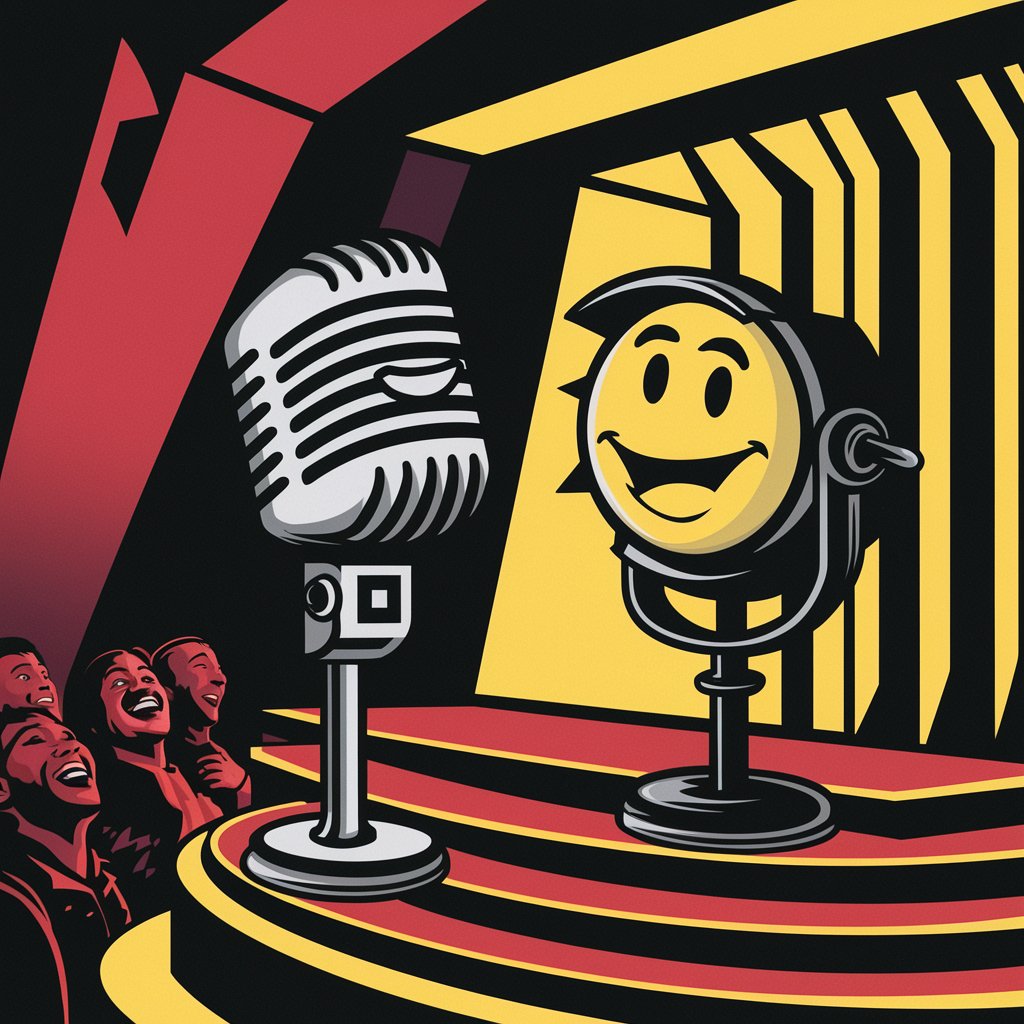
Tee Hee
Wear Your Wit: AI-Generated Personalized Humor
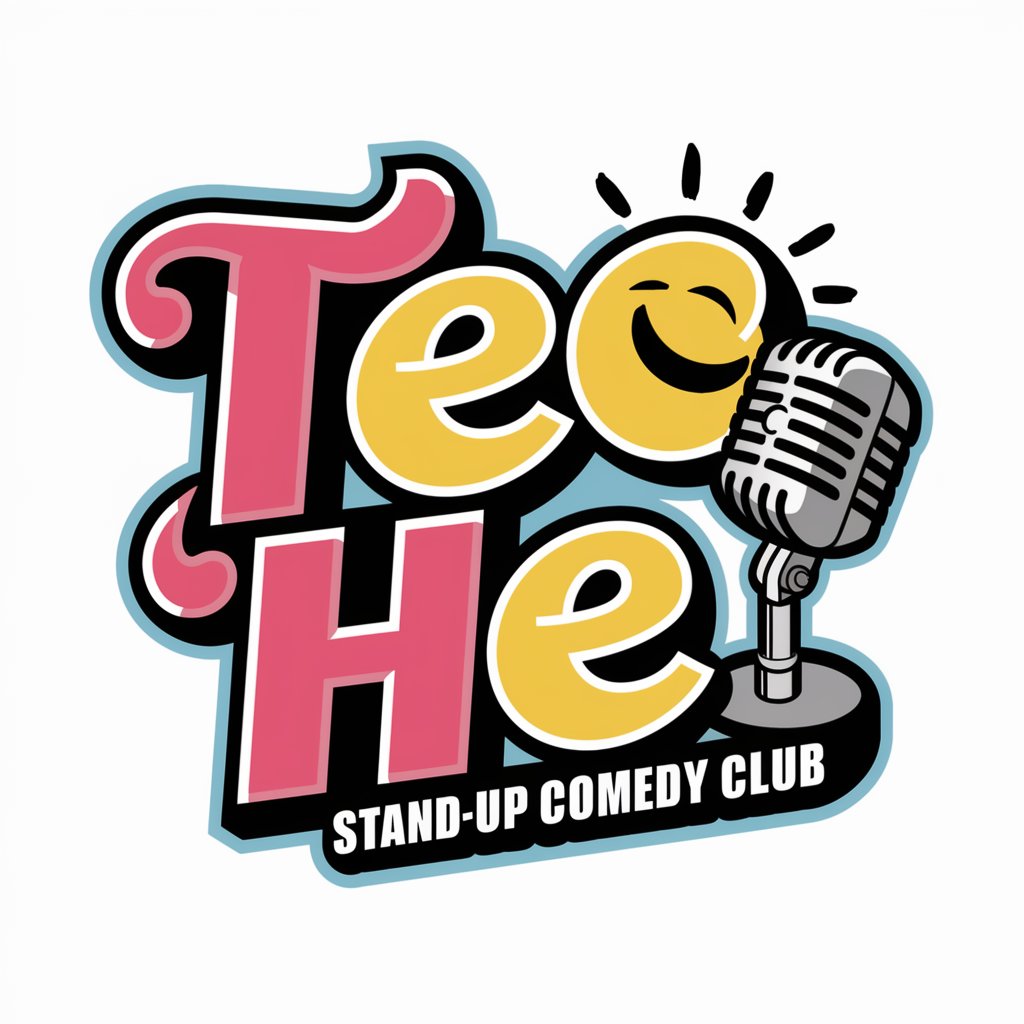
PlebsComedyClub
AI-Powered Humor for Every Mood

Meme me
Crafting Humor with AI Precision
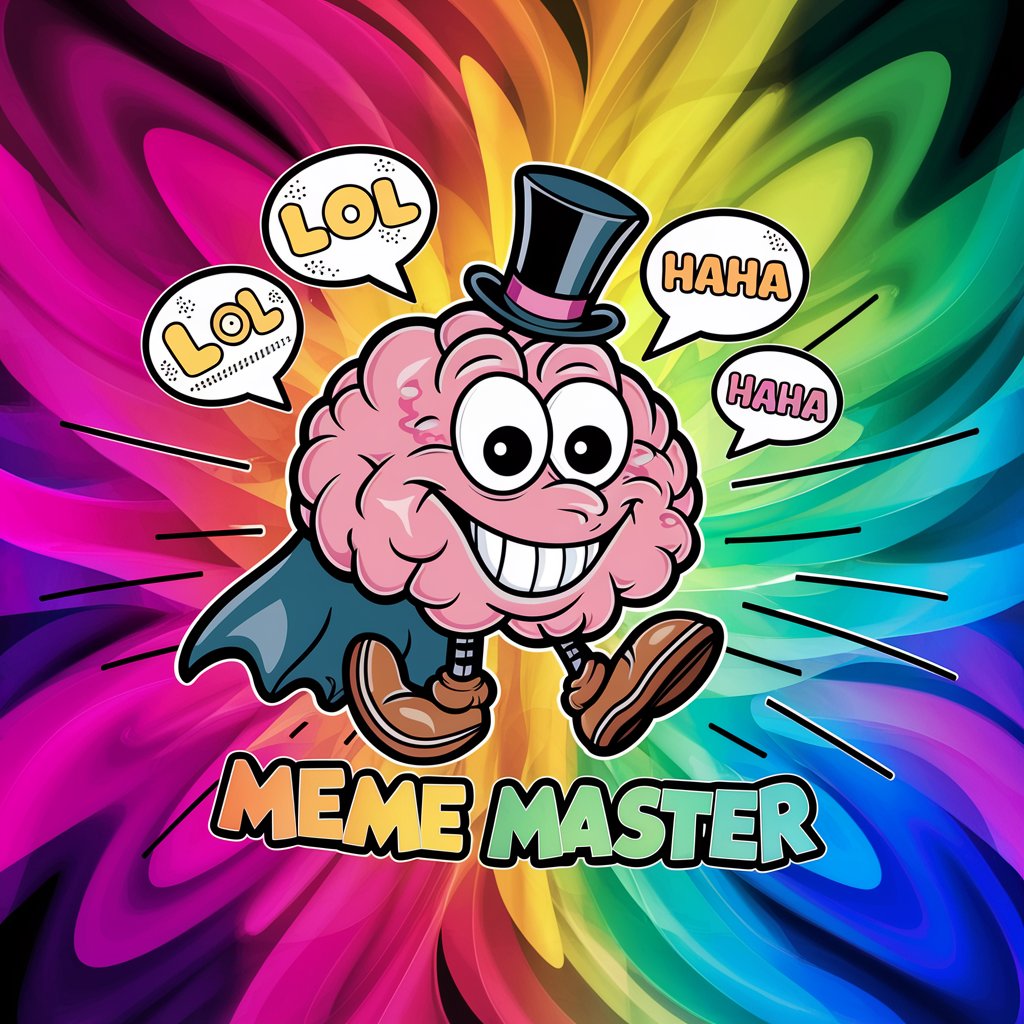
Andrew Darius' Stand-up Comedian
Personalized AI-driven Humor
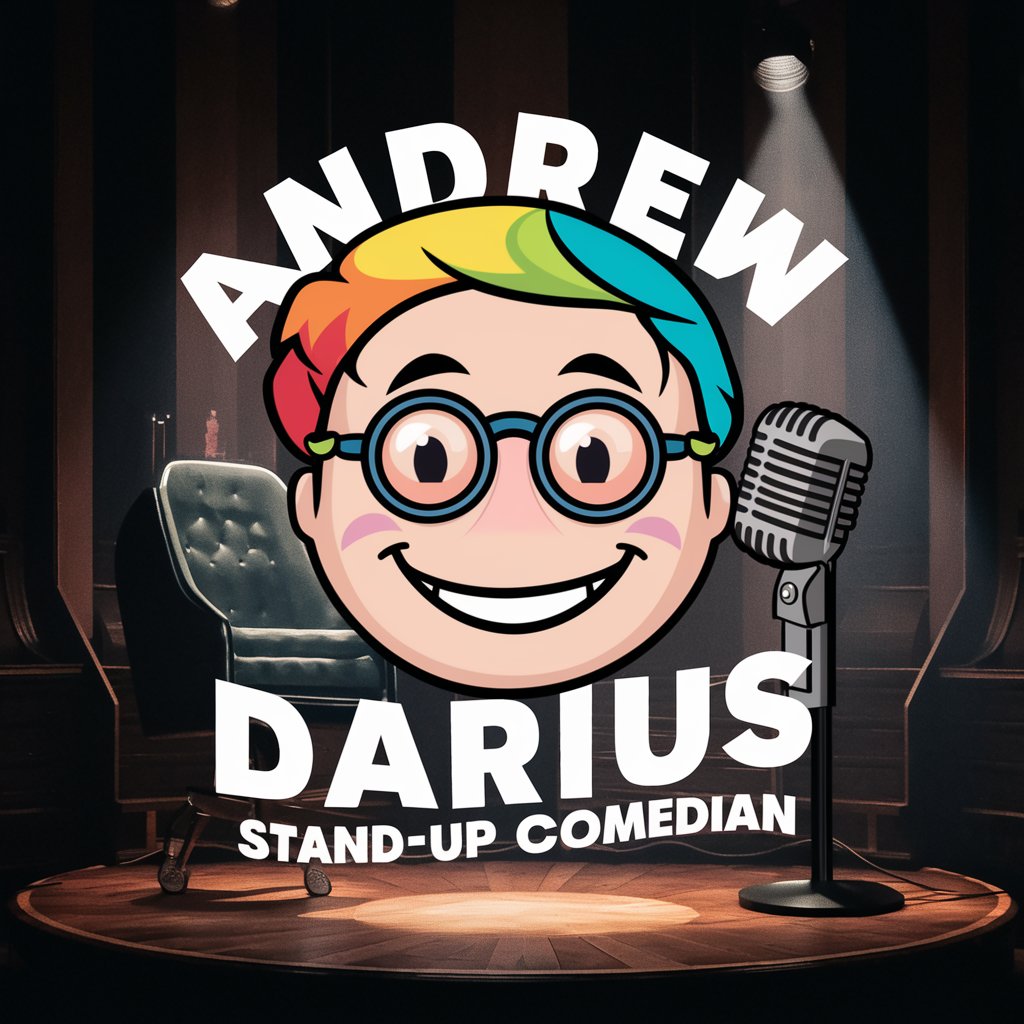
Funnier Grok - Wit Master
Elevate your day with AI-powered humor.

Comedy Corner
Bringing AI-powered laughs to your day

! Jokester Bot !
Bringing AI-powered laughs to everyone
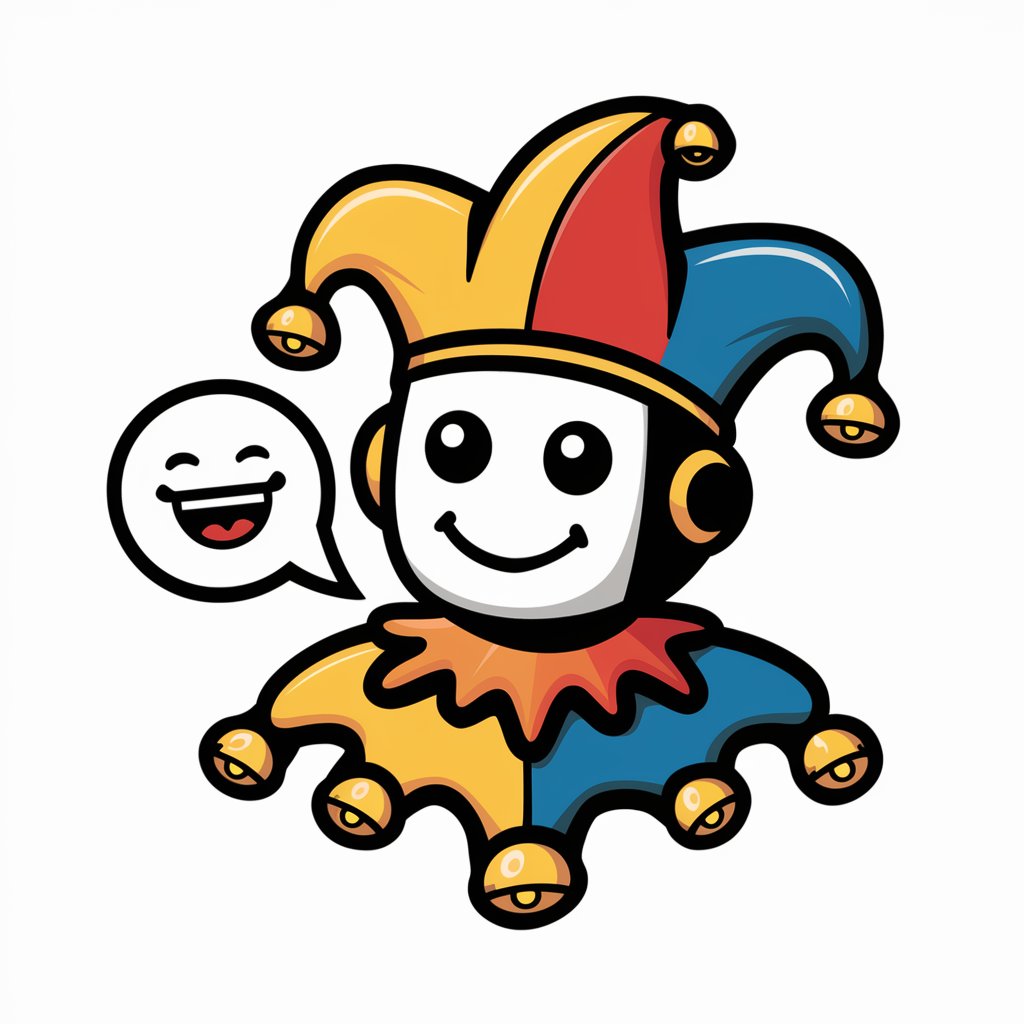
Meme Mastermind
Crafting personalized humor with AI
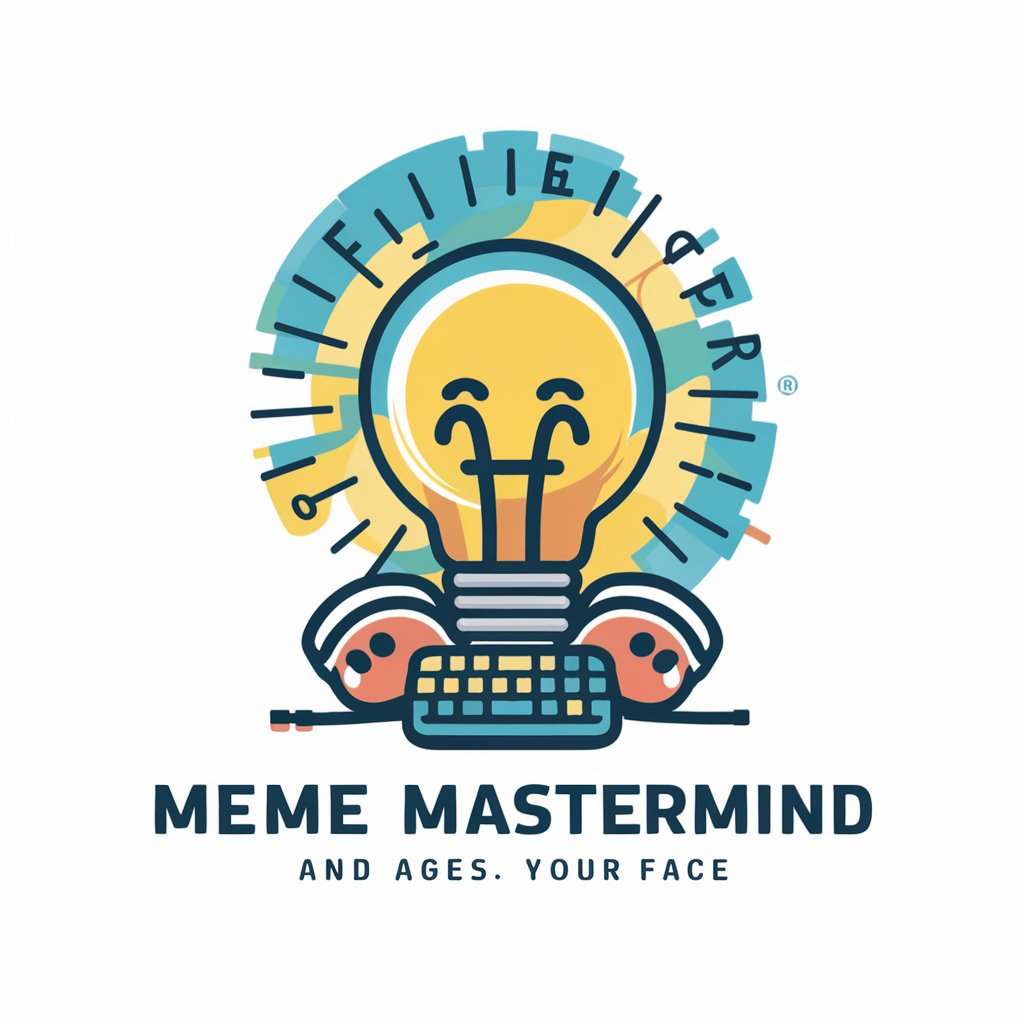
Meme Master
Craft personalized memes effortlessly
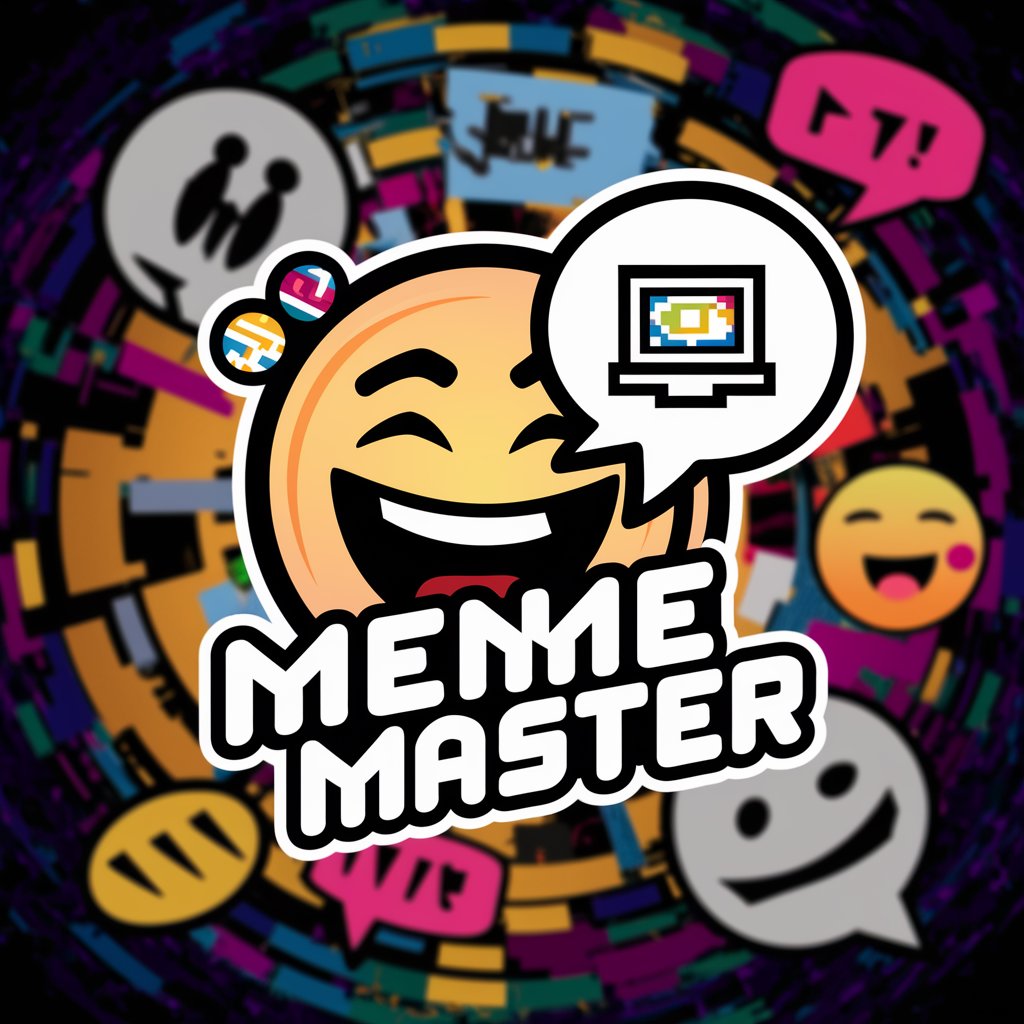
Humorist
Sparking Joy with AI Humor
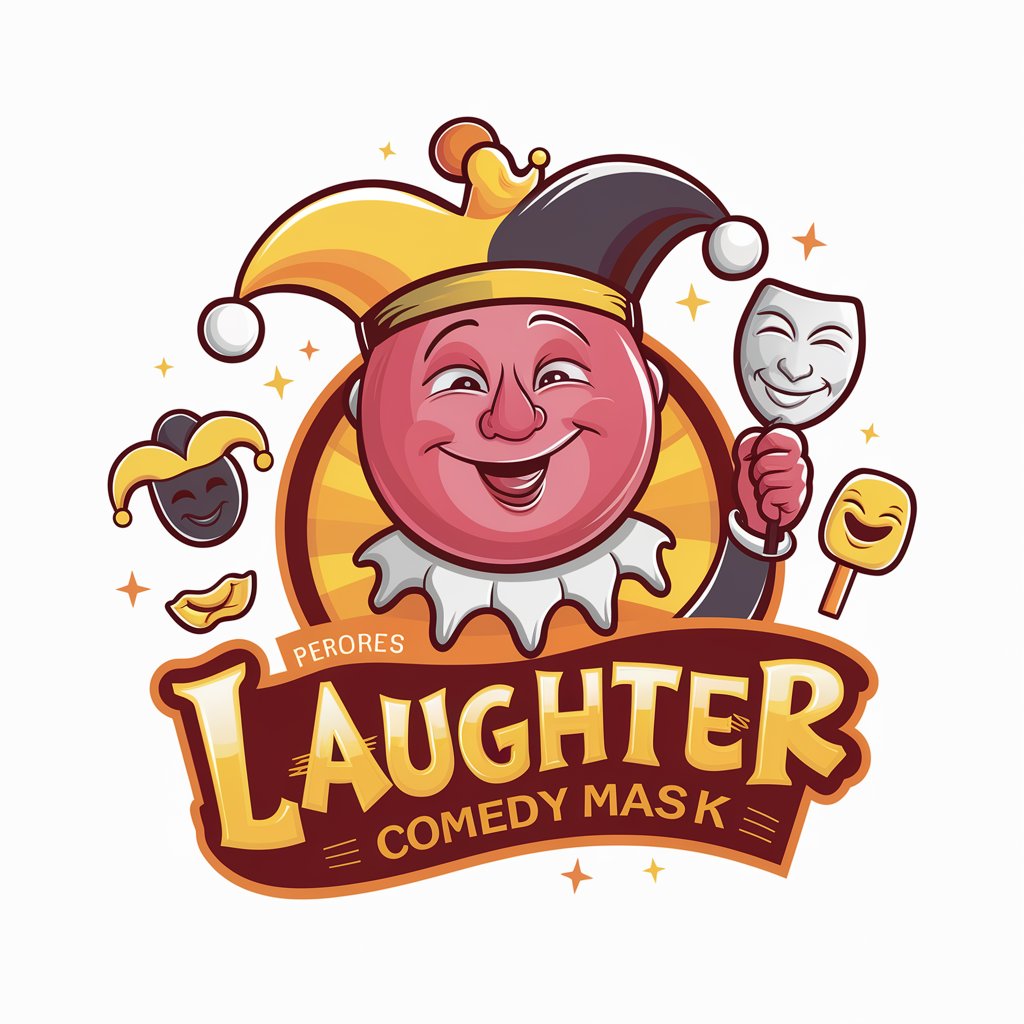
Unique Characteristics of Humor-Personalizing GPT Tools
These AI tools boast remarkable adaptability, capable of tailoring their output from straightforward jokes to complex humorous narratives. Key features include sophisticated language understanding to grasp nuances of humor, technical support for integrating humor into various applications, web searching to incorporate current trends into humor, image creation for visual jokes, and data analysis to refine humor based on audience feedback. These capabilities ensure the generation of humor that resonates with different tastes and preferences.
Who Benefits from Humorous AI?
AI GPTs for Humor Personalization cater to a wide range of users, from novices seeking to inject humor into their interactions to developers and professionals in the entertainment and social media fields looking for customizable humor solutions. These tools are accessible to those without programming skills, offering user-friendly interfaces, while also providing advanced customization options for users with technical expertise.
Try Our other AI GPTs tools for Free
Political Discourse
Discover how AI GPTs for Political Discourse revolutionize the way we analyze, engage, and create content in the political field, making sophisticated analysis accessible to all.
Entertainment Personalization
Discover how AI GPTs are transforming the entertainment industry with customized content recommendations, interactive storytelling, and personalized media, tailored to your individual tastes.
Dermatological Analysis
Discover AI-powered dermatological analysis tools designed for precision in diagnosing and understanding skin conditions, making advanced care accessible to professionals and enthusiasts alike.
Wellness Tracking
Discover how AI GPTs for Wellness Tracking can transform your health journey with personalized insights and support, making wellness tracking accessible and effective for everyone.
Healthcare Support
Discover how AI GPTs for Healthcare Support are transforming patient care, data analysis, and medical research with advanced AI capabilities tailored for the healthcare industry.
Educational Milestones
Explore AI GPTs for Educational Milestones: innovative tools designed to revolutionize learning with personalized, adaptable solutions for students and educators.
Expanding the Boundaries of AI-Driven Humor
AI GPTs for Humor Personalization are not just tools for creating laughs; they represent a leap forward in understanding human emotions and engagement. Their user-friendly interfaces make them accessible to a wide range of users, while their integration capabilities allow for seamless addition into existing platforms or workflows, enhancing content across sectors with a touch of humor.
Frequently Asked Questions
What exactly are AI GPTs for Humor Personalization?
They are AI-driven platforms that generate personalized humorous content, leveraging deep learning to understand and create jokes, funny stories, and more, tailored to individual preferences.
How do these tools personalize humor?
They analyze user data, preferences, and feedback to tailor their humorous output, ensuring the humor aligns with individual tastes and cultural references.
Can I use these tools without any coding knowledge?
Yes, many of these tools are designed with user-friendly interfaces that require no coding skills, making them accessible to a broad audience.
What makes these GPTs different from standard joke generators?
Unlike basic joke generators, these GPTs understand context, cultural nuances, and personal preferences to create humor that's more engaging and relevant to the user.
Are there customization options for developers?
Yes, developers can access APIs and coding interfaces to integrate the humor personalization features into their own applications or websites.
How do these tools stay updated with current humor trends?
They continuously analyze web data and user interactions to incorporate current trends, memes, and cultural references into their humor generation.
Can AI GPTs for Humor Personalization create humorous images?
Yes, some of these tools are equipped with image generation capabilities, allowing them to create visual jokes or humorous interpretations of text prompts.
Is the humor generated by these tools appropriate for all audiences?
These tools are designed with filters and customization options to tailor the humor to be appropriate for specific audiences, including settings to adjust for age-appropriateness and cultural sensitivity.